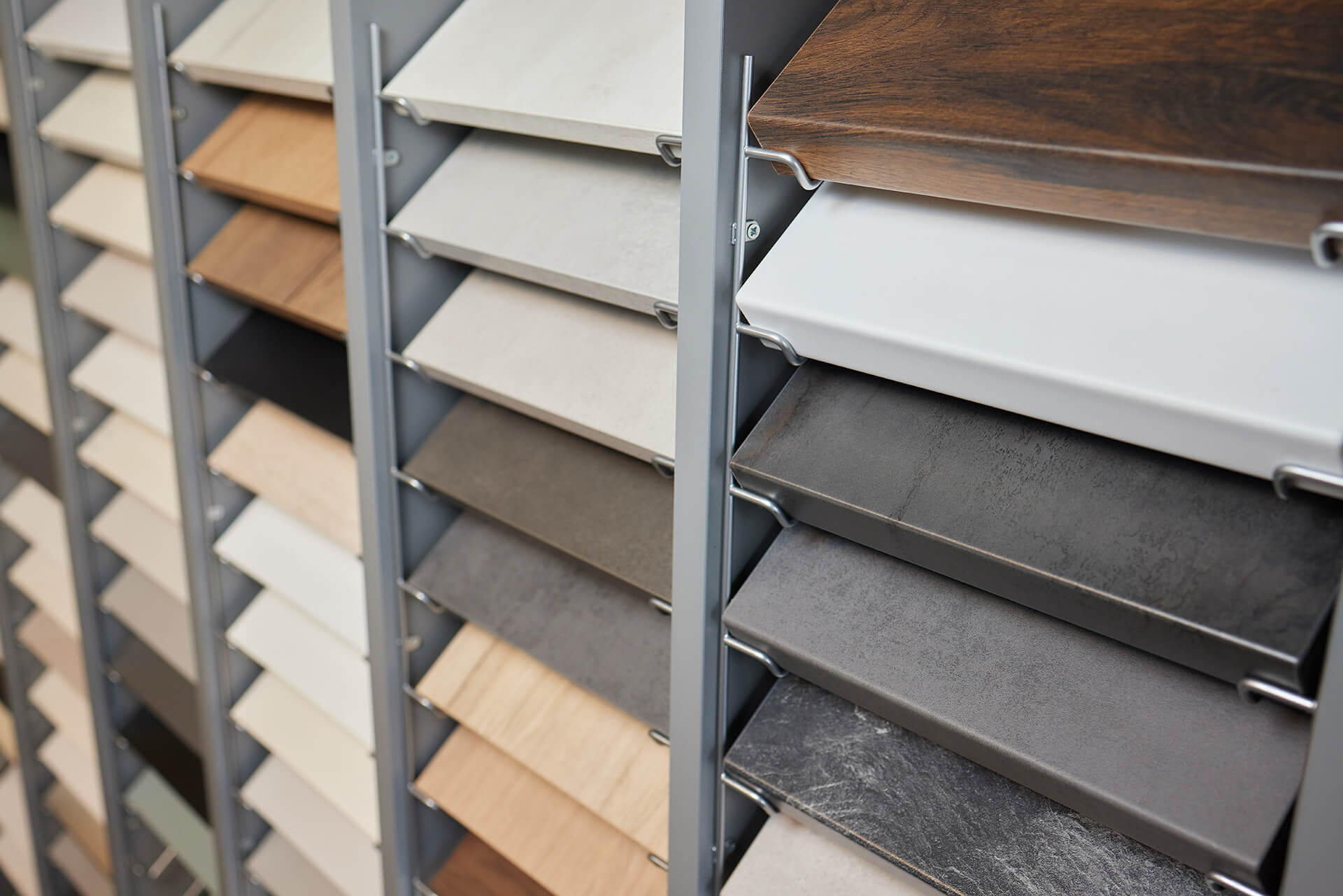
Best Bathroom Materials
What Is the Best Material for a Bathtub?
When it comes to selecting the best material for your bathtub, there are several options to consider. Each offers its own set of advantages and disadvantages. The right choice depends on your preferences, budget, and desired aesthetic.
If you’re on a tight budget, acrylic or fiberglass offer a great balane of cost and quality. For a more luxurious look and better durability, cast iron, stone resin, or solid surface materials might be preferable. While they come with higher upfront costs, they last significantly longer as well.
Ultimately, consider your budget, style, and how you plan to use the bathtub when making your decision.
Let’s explore some of the most popular bathtub materials:
Acrylic
Acrylic bathtubs are lightweight and easy to install. They retain heat well, keeping your bathwater warm for long periods. They come in a wide variety of shapes and sizes and are resistant to chipping and cracking. Acrylic bathtubs are also easy to clean and maintain. However, they are susceptible to scratches and damage from abrasive chemicals.
Cast Iron
Cast iron is often considered the best bathtub material and is known for its exceptional durability and longevity. These tubs retain heat incredibly well, are resistant to scratching and denting, and require minimal maintenance. Cast iron bathtubs also have a classic and timeless appearance. But, they are one of the more expensive options. Since they are extremely heavy, they require additional structural support.
Cultured Stone or Cast Polymer
These bathtubs mimic the look of natural stone, offering an elegant and luxurious appearance. They are durable and resistant to chipping and cracking, with excellent heat retention properties. The disadvantages of this type of bath include a tendency to be brittle and you cannot repair cracks.
Ceramic
Ceramic bathtubs are affordable and readily available. They come in a wide range of sizes, shapes, and colors. However, they have poor heat retention, requiring regular hot water refills. They can be uncomfortable if they aren’t properly shaped, and may require more maintenance that other tub materials.
Fiberglass
Fiberglass bathtubs are lightweight, easy to install, and inexpensive. With proper insulation, they offer good heat retention. The downside is that they are not particularly durable and may develop cracks, fade, or stain over time.
Natural Stone
Natural stone bathtubs offer an exquisite natural appearance. They excel in heat retention and are extremely sturdy. However, they are heavy and require strong structural support. They are also expensive and require regular sealing to prevent stains.
Porcelain Over Steel or Enameled Steel
These bathtubs are inexpensive, easy to clean, and long-lasting. They are strong and have stable feel, but the surface can be prone to chipping. Also, porcelain over steel tubs typically do not retain heat as well as other types of tubs.

